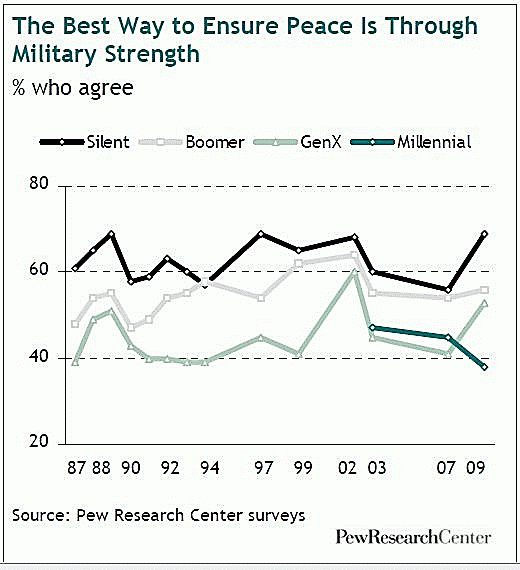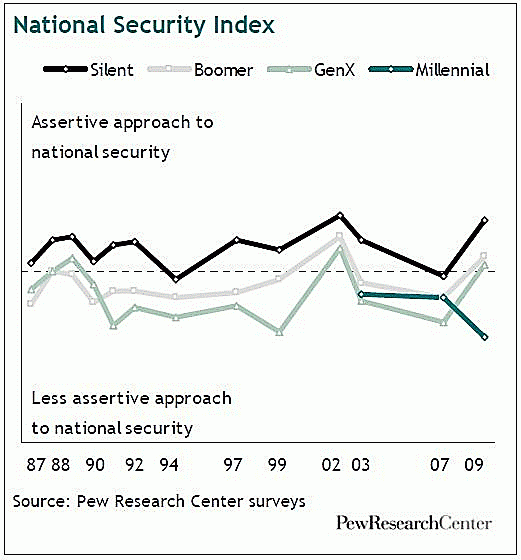Considering the recent quake in interest in Joseph Kony among my fellow members of generation Y, last week’s unanimous decision by the International Criminal Court to convict Thomas Lubanga Dylio is timely to say the least. Lubanga was the president of the Union of Congolese Patriots (UCP), an ethnically based opposition movement with roots in Ituri in Northeastern Democratic Republic of the Congo. Lubanga also served as the commander in chief of UCP’s military branch, the Patriotic Force for the Liberation of Congo (PFLC). Lubanga oversaw systematic rape, ethnic massacres, and torture. Additionally, he was accused of spearheading child abductions and then using these children, mostly under the age of 15, as child soldiers during the height of the Ituri conflict from September 2001 to August 2003. After over 60 witnesses and over 1,000 pieces of evidence were heard during the three-year trial of Mr. Lubanga, Presiding judge Adrian Fulford announced last Wednesday that the prosecution produced evidence beyond a reasonable doubt that Lubanga, who was commonly accompanied by child soldier body-guards before his 2005 arrest, played a direct role in the conscription of children during this conflict.
As we wait to learn of his final sentencing, we are left wondering what kind of sentence might be expected for the now infamous Joseph Kony if he gets his day in court. While there is something commendable about Invisible Children spreading awareness of Kony’s atrocities, calling for “justice” is terribly vague, especially among millennials. Everyone agrees that Kony’s actions have been horrendous, but there has been little consensus on what bringing him to justice would really look like. The focus has been on getting him (through Africom) with little thought of what to do to him next. The very term “getting him” is itself vague with no clue as to if how or in what state he will be retrieved. The difference between recognizing a clear wrong and identifying a just right could not be plainer.
Considering the way the Kony 2012 video was designed, I wouldn’t be surprised if many newcomers to the movement hadn’t considered this yet. If so, there are several more questions left for them to ponder.
Let us presume that Kony the Barbarian is located. What should happen then? Lubanga’s three charges pertaining to using child soldiers added up to a measly sentence range of 11-30 years with many expecting something close to the maximal sentence. If Kony were to be sentenced similarly to Lubanga, would the movement spurred by Invisible Children feel that justice was served? Or is time in prison somehow getting off easy? Would the 11-17 year old girls who made up the largest cohort of viewers of the Kony 2012 video feel vicariously avenged if Kony was sentenced to death after a trial? Is a trial even necessary? How does one dole out justice that can respond to such terrible acts as those performed by the likes of Kony and his lesser known counterpoint, Ugandan president Yoweri Museveni who has also been accused of committing war crimes by the International Court of justice?
In addition to the judicial possibilities, let’s take a moment to explore extrajudicial scenarios. What if, akin to Osama Bin Laden, Special Forces swooped in on an LRA encampment and “took out” Kony before he knew what hit him? This would distract from the gravity of the reality of taking justice out of the courts and onto the battlefield, deploying soldiers to serve as both judge and executioner. How convenient would it be if we could all handily avoid focusing on the action itself of killing Kony by instead dwelling on the flashy scenario that would have surrounded the mission? News media would constantly replace the real action of killing, executing, shooting, with more appealing action-movie euphemisms like “taken out” or “neutralized” not to mention a flashy name like “Operation Wolverine.” The kids these days love Wolverine, right? Surely the soldiers would be far more revered than any ICC prosecution attorney. Many antimilitarists have criticized Invisible Children for encouraging American intervention in the crisis that may lead to just such an eventuality as well as many other unintended consequences regarding Africom. Do the means justify the ends if Kony is captured or killed by Special Forces using drones? Ultimately, if a case could be made for alternative means that empower local officials, are less violent, and less interventionist such as local police relying on informants in order to apprehend Kony, then I would posit that militarist means cannot be so easily justified.
 Research done by the Pew Research Center shows that military intervention and capital punishment are not as popularly supported by the millennial generation as older generations. The report warned that “the relationships among age, generation and attitudes about national security are complex and defy easy generalization” but did go on to point out two surveys from 2009 indicated that this up and coming generation was less hawkish than its elders. The 2009 report showed that only 38% believed that the best way to ensure peace was through military strength and were also less supportive* of an assertive approach to national security.
Research done by the Pew Research Center shows that military intervention and capital punishment are not as popularly supported by the millennial generation as older generations. The report warned that “the relationships among age, generation and attitudes about national security are complex and defy easy generalization” but did go on to point out two surveys from 2009 indicated that this up and coming generation was less hawkish than its elders. The 2009 report showed that only 38% believed that the best way to ensure peace was through military strength and were also less supportive* of an assertive approach to national security.
Alas, the picture is not entirely clear. There is a clear difference between an assertive approach to national security and humanitarian intervention. After all, Save Darfur drew heavily on support from young people, though this demographic was significantly less outspoken on intervention in Libya and has been relatively quiet in regard to ongoing human rights violations in Syria. Despite being far more likely to identify as liberal, another Pew poll taken in November 2011 showed that the majority of young people still support capital punishment for murder. With 59% approval, millennials were only slightly below the national average of 62%. At the same time, millennials opposed the death penalty as a suitable punishment for murder more than any other age related demographic.

Though capital punishment is supported by the majority of Americans as an appropriate penalty for our own citizens, many U.S. citizens have been significantly less cavalier about executions of foreign criminals, especially among the millennial generation. In the wake of the assassination of Osama Bin Laden, what was at first a generally jovial Facebook, news feeds began to see more and more humanistic and religiously inspired quotes about the tragedy of death, violence and killing (many of which were mistakenly attributed to Martin Luther King Jr.).
I was about to start my final semester of my senior year of high school on December 2006 when Saddam Hussein was executed for his crimes committed during his tyrannical rule over Iraq. I attended high school in a conservative rural area in Oregon, a state that had lost a higher than average number of national guardsmen in Iraq and Afghanistan. Many of my peers planned on joining the military after high school. And while people were generally satisfied that justice had been served, no one I knew had the stomach to watch the video. My closest friend noted admiringly of rumors that even George Bush turned away and did not watch the full video. What does it say about a punishment if it is so horrendous we can celebrate the sentence but not bear to watch it? To watch it is to own it, to take responsibility for it. To Kony 2012 let me just say that if it is justice you want, you might want to be more specific.
*The Pew Research Center’s published research regarding support for assertive national security did not include an enumerated Y radial on their graphic results which made speculation as to the degree of any generation’s support for such action unidentifiable in non-relative terms.
Heath Mitchell is an intern at Foreign Policy in Focus.